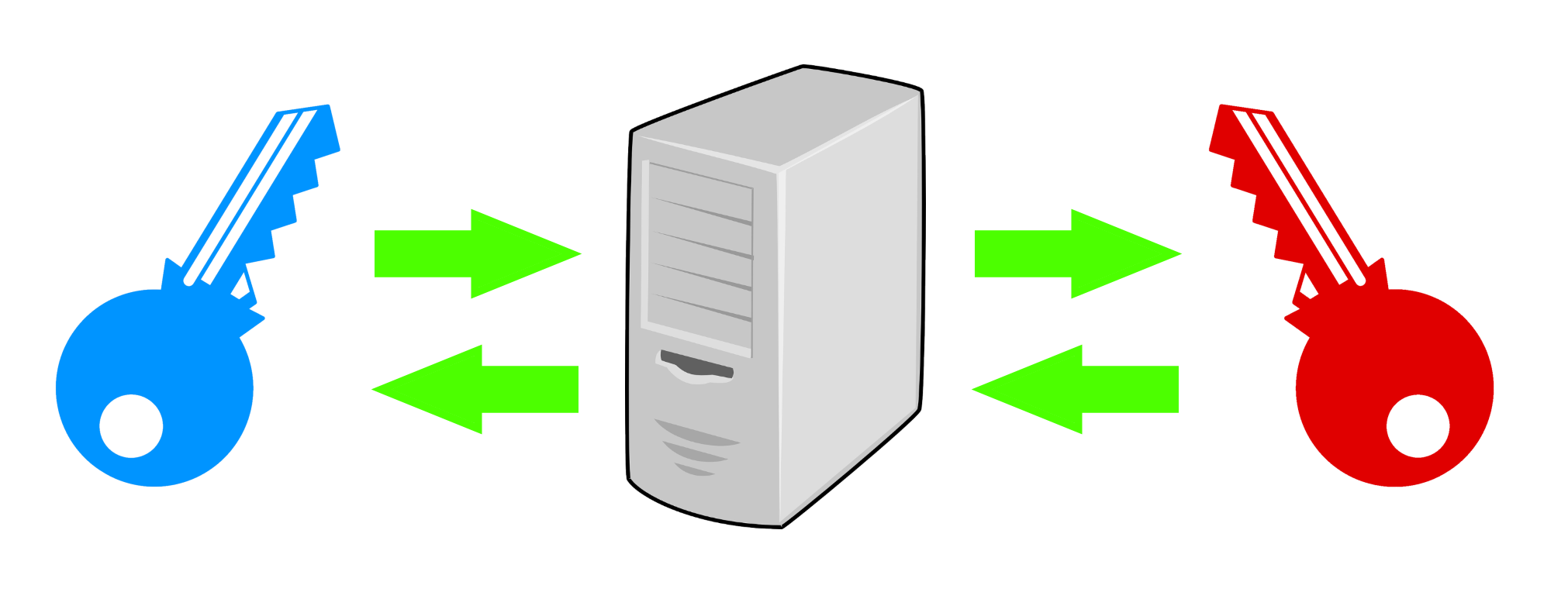|
P100
LOADING...
#Verify Your Online Identity With A Digital Signature
#How to cryptographically lock a file and prevent modification, replacement, or forgery of its contents using DCCL technology
#What is a digital dignature?
When a file is shared online via email or messaging apps between friends or business partners, how do we know who actually shared the file?
How can we verify the authenticity of that file? And how can we confirm that the file we received hasn't been intercepted or altered at some point?
The best solution we can come up with is to virtually "attach" a digital signature to a file that is shared between different parties.
A digital signature is the equivalent of your personal signature in the digital world. It involves mathematical algorithms that verify the integrity of a digital document, as well as the authenticity of its owner.
#What are the key benefits of using a digital signature?
Nowadays, digital signatures are considered the most secure of all types of electronic signatures.
Due to the avalanche of forged documents, identity theft, fake social media profiles, and fake news, a digital signature is a necessary companion to any system that aims to prevent the alteration, loss, damage, or misuse of its content.
#What is Digital Chip Card Locker?
Digital Chip Card Locker, or DCCL for short, is a group of mathematically based algorithms that set the highest standards for online data protection.
It is represented by innovative solutions implemented in security protocols and e-business systems that gravitate towards preserving privacy, confidentiality, authenticity and integrity of data and protection against misuse.
At the heart of DCCL lies a digital chip card, up to 1 MB in size, with an integrated virtual chip.
The "processor" of the virtual chip is powered by artificial intelligence (AI), while the "memory units" are occupied by files, associated metadata, security tags and information carriers.
#Why use DCCL to digitally sign a file?
Unlike other techniques that do not allow you to sign a document in the strict sense of the word, but rather create a digital signature as a standalone file, DCCL introduces the possibility of "embedding" a digital signature into the document itself.
DCCL allows for cryptographically "locking" a digitally signed file and prevents modification, replacement, or falsification of the data that the "locked" file consists of.
The process of verifying the authenticity of a file signed by DCCL is autonomous and relies on the information contained in the file itself, without resorting to external links or sources.
If the authentication of the identity of a document were to be carried out using data stored outside the file, there would be a serious risk of data manipulation.
Thanks to the security mechanisms of DCCL technology that intertwine and complement each other, this risk is reduced to zero.
#About DCCL technology and its implementation
|
